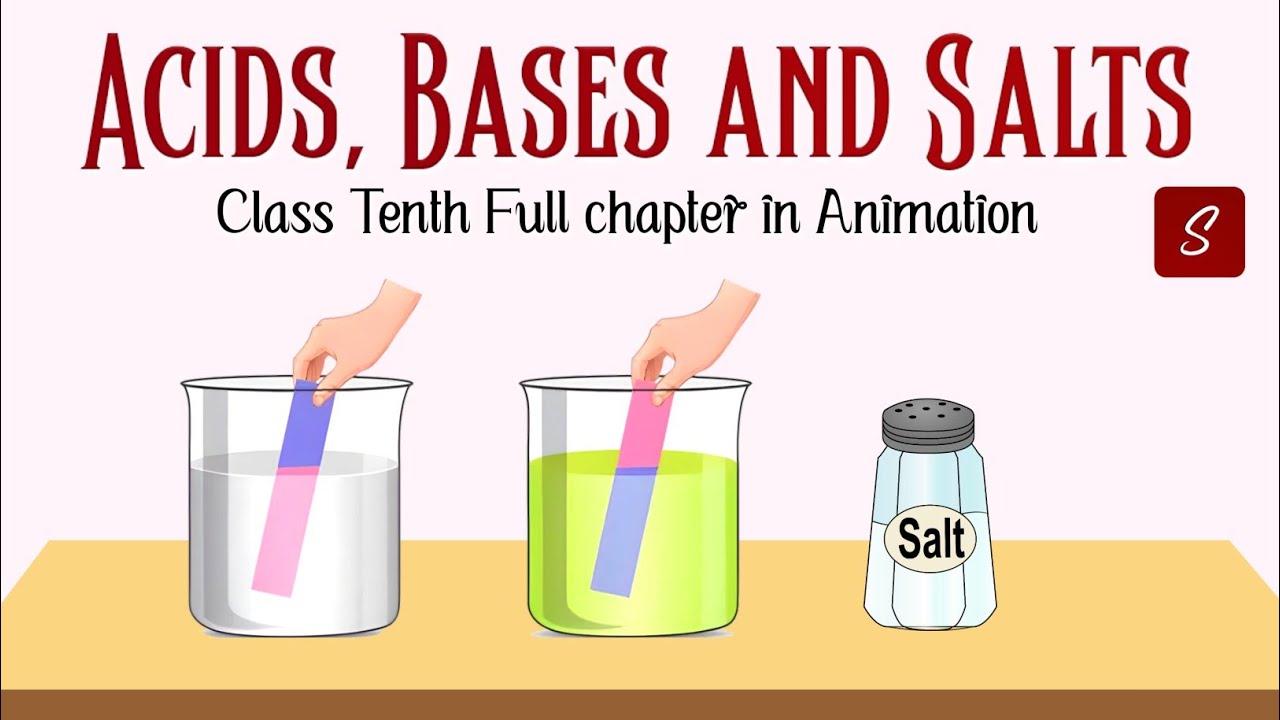Conheça os SAIS MINERAIS
Summary
TLDRMineral salts are essential inorganic substances for the human body, found in various foods. They play key roles in bodily functions like electrolyte balance, muscle contraction, and bone health. Some examples include calcium, iron, phosphorus, and sodium, which help with oxygen transport, DNA formation, and maintaining proper fluid balance. However, excessive consumption can lead to health issues like high blood pressure, kidney problems, and fluid retention. The right balance is crucial for overall well-being. Learn more about the different types of mineral salts and their functions in this informative video.
Takeaways
- 😀 Minerals are essential for the proper functioning of the body and must be obtained through food.
- 😀 Minerals are inorganic substances not produced by the human body, so we need to get them from various foods.
- 😀 Minerals help maintain electrolyte balance, which is vital for proper cell function and fluid maintenance.
- 😀 Calcium is important for bone and teeth formation, blood coagulation, and muscle contraction. It is found in dairy, eggs, spinach, and cereals.
- 😀 Iron aids in the absorption and transportation of oxygen in the body. It is found in green vegetables, eggs, beans, and more.
- 😀 Phosphorus is essential for DNA and RNA molecules and helps in bone and teeth formation. It's found in dairy, eggs, meat, and cereals.
- 😀 Sodium, found in table salt and other foods like eggs, meat, and seaweed, regulates muscle contraction and fluid balance.
- 😀 Excessive intake of minerals, especially sodium, can lead to high blood pressure, fluid retention, and kidney damage.
- 😀 Inadequate mineral intake can occur when there is a deficiency, such as after intense physical exercise, and supplements like isotonic drinks or coconut water can help replenish minerals.
- 😀 Other important minerals include magnesium, fluoride, and potassium, which play various roles in the body and can be found in different foods.
- 😀 The script emphasizes the importance of consuming minerals in the right amounts to avoid health complications.
Q & A
What are minerals and why are they essential for the body?
-Minerals are inorganic substances that are essential for the proper functioning of the body. They are not produced by the human body, which is why we need to obtain them through various foods.
What is the importance of electrolytic balance in the body?
-Electrolytic balance refers to the proper concentration of charged ions in the blood and urine. It is essential for the proper functioning of cells and the maintenance of bodily fluids.
Can you name some common minerals and their food sources?
-Some common minerals include calcium (found in dairy products, eggs, spinach, and cereals), iron (found in leafy greens, eggs, beans, and more), phosphorus (found in milk, eggs, meat, and cereals), and sodium (found in table salt, eggs, meats, vegetables, and seaweed).
How does calcium contribute to the body?
-Calcium helps in the calcification and formation of bones and teeth, blood clotting, and muscle contraction.
What role does iron play in the body?
-Iron helps in the absorption and transportation of oxygen in the body, which is critical for overall energy and health.
Why is phosphorus important for our health?
-Phosphorus is essential for the formation of DNA and RNA molecules and also plays a role in the formation of bones and teeth.
How does sodium affect the body?
-Sodium helps in muscle contraction and regulates bodily fluids. However, excess sodium can cause high blood pressure, fluid retention, and strain on kidney function.
What are the dangers of consuming too much sodium?
-Excessive sodium intake can lead to high blood pressure, fluid retention, swelling, and can negatively affect kidney function, leading to complications.
How can a lack of minerals in the body be addressed?
-Mineral deficiencies can be addressed by consuming foods rich in the missing minerals or by using supplements like isotonic drinks rich in electrolytes or coconut water.
What are some other essential minerals and where can they be found?
-Other essential minerals include magnesium, fluoride, potassium, and iodine. These can be found in various foods such as leafy greens, fish, salt, and fortified water.
Outlines

このセクションは有料ユーザー限定です。 アクセスするには、アップグレードをお願いします。
今すぐアップグレードMindmap

このセクションは有料ユーザー限定です。 アクセスするには、アップグレードをお願いします。
今すぐアップグレードKeywords

このセクションは有料ユーザー限定です。 アクセスするには、アップグレードをお願いします。
今すぐアップグレードHighlights

このセクションは有料ユーザー限定です。 アクセスするには、アップグレードをお願いします。
今すぐアップグレードTranscripts

このセクションは有料ユーザー限定です。 アクセスするには、アップグレードをお願いします。
今すぐアップグレード関連動画をさらに表示

Acids, Bases and Salts Class 10 Full Chapter (Animation) | Class 10 Science Chapter 2 | CBSE | NCERT

"O Erro CHOCANTE de Hidratação que Está te Matando Lenta e Silenciosamente" | Barbara O"Neill

Proses Pembentukan Urin | Lengkap Part 2. Filtrasi, Reabsobrsi dan Augmentasi

Determinação da matéria mineral (Cinzas)

Learn About Human Excretory System | iKen | iKen Edu | iKen App

Geology Kitchen #1 - What is a Mineral?
5.0 / 5 (0 votes)
